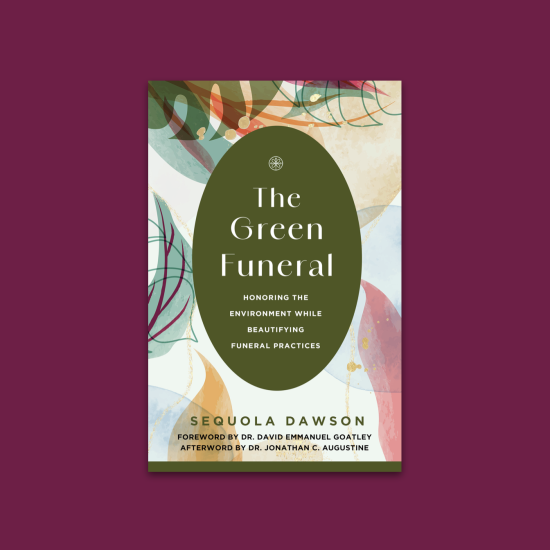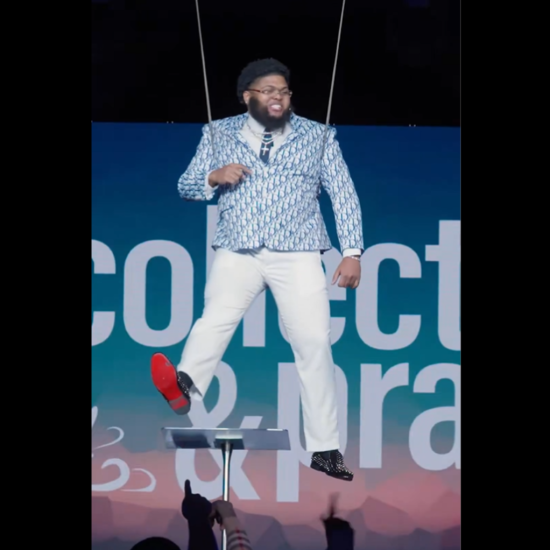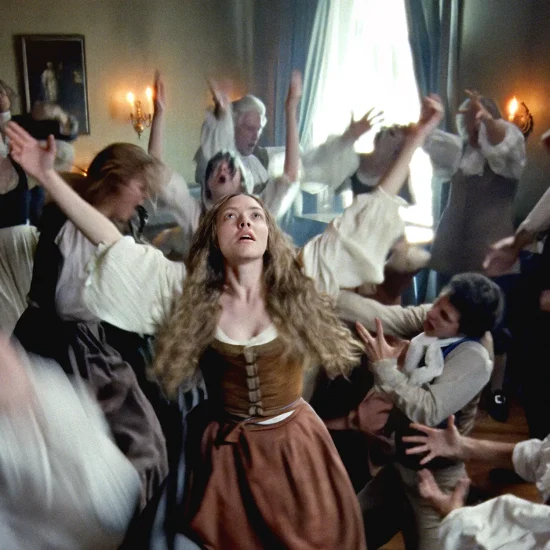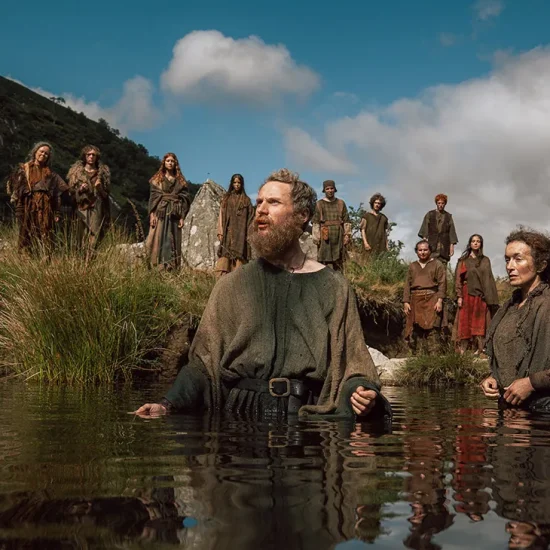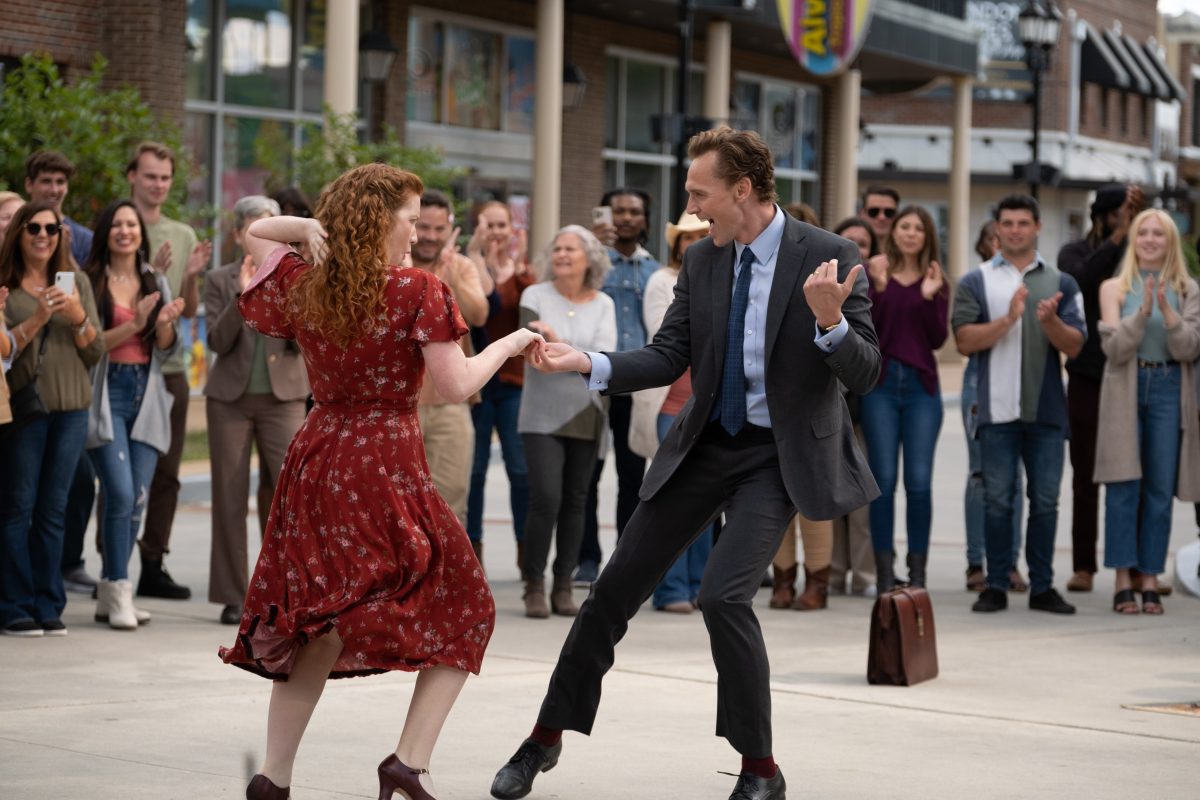
One of the most horrifying and disorienting experiences of losing a loved one is the realization that, despite your world crashing down around your feet, the rest of humanity is going about their ordinary lives. Your world — the life you knew up until that moment of loss — has ended. But everyone else is just going to work and school and riding the subway and shopping at the grocery store as though nothing has happened. This person, with their memories and life story, their relationships, their idiosyncrasies, their way of talking and moving and being, is just gone. There will never be another person like them to exist on this earth.

Juliet Vedral
When my father passed away in November 2023, I lost one of the main characters of my entire existence. There were no safe places where grief couldn’t find me, because my father’s life touched nearly every part of mine. I got used to being the lady at church who’d just burst into tears at random hymns, because I could hear my dad’s voice in my head singing them.
There’s a famous line about Abel’s murder from the Talmud that reads, “Therefore man was created single in the world to teach that for anybody who destroys a single life it is counted as if he destroyed an entire world, and for anybody who preserves a single life it is counted as if he preserved an entire world.” (You may have heard this paraphrased in Schindler’s List.)
I thought of this line as I watched The Life of Chuck, a new film by Mike Flanagan (Midnight Mass, The Haunting of Hill House), based on a short story by Stephen King. The film, which is told backwards, contains three parts. There’s no way to write honestly about The Life of Chuck without spoiling part of it, so if you really do not want to know what I’m about to tell you, please stop reading now.
In the first part of the film, the audience is watching the end of the world. The internet stops working, the lights start going out, people are committing suicide, and California has sunk into the sea. Throughout all of this destruction, billboards and television ads keep appearing, thanking Chuck Krantz (Tom Hiddleston) for 39 great years. No one knows who Chuck Krantz is, but he’s suddenly everywhere. It’s not until the end of that first part that we realize the world that is ending is … Chuck. Chuck Krantz, a random man with glioblastoma, is dying. He was not a powerful man or a world leader or a celebrity. Chuck was just a man, but as Walt Whitman wrote of himself (and is quoted throughout the film), “I am large, I contain multitudes.”
We realize that all of the characters and the world we’ve seen in this part of the film were the multitude of people and places that made up Chuck’s life. All the graffiti on the walls and the shows we see the characters watch on television are Chuck’s memories. A whole world, a whole universe even, inside this one, seemingly insignificant man.
During a recent press conference to promote The Life of Chuck, director Mike Flanagan said of the film, “[Stephen King] said at one point, when a person dies, a library burns down. … That idea of the universe inside of each of us, the universe we build as we make our way through life. You know, it’s such a beautiful concept.”
The rest of the film shows us pivotal moments in Chuck’s life, all the experiences that make him the unique person that he is. On his deathbed, Chuck cannot remember his wife’s name, but he remembers a beautiful moment when he stopped to dance during a street performance. The narrator says of that memory, “[t]hat’s why God made the world.”
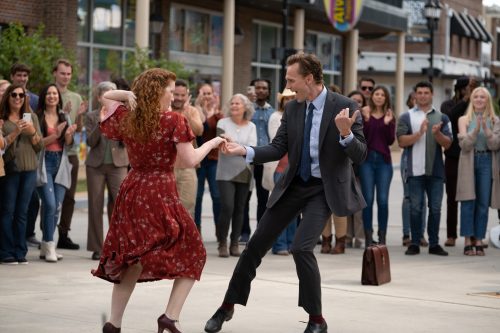
Still from “The Life of Chuck,” in theaters Friday, June 6, 2025 (courtesy of NEON)
Like other Flanagan works, The Life of Chuck, while not explicitly Christian, explores the philosophical and spiritual. The story it tells — of the power and significance of one life — points to the Story within the story.
In God’s eyes, no human is insignificant. God knows the number of hairs on our heads and bottles our tears. “For us and for our salvation, he came down from heaven and was incarnate from the Holy Spirit and the Virgin Mary and was made man.” We are the only creatures that are made in God’s image.
We mattered so much to God, he made a world for us to know him and enjoy him, to experience joy like Chuck’s dancing in the street. When humanity sinned and fell from grace, God became like us and lived and died to reconcile us with himself. Though our lives are a breath compared to the vastness of God, he has given us a way to inherit his eternal kingdom.
We know we will all one day pass from this life, yet this world will keep turning and running without us. But for those who put their trust in Jesus, we know that “precious in the sight of the Lord is the death of his faithful ones” (Psalm 116:15). Our lives are precious to God. That’s why God made the world.
Juliet Vedral is a writer, child-wrangler, and amateur shoe collector, as well as a senior associate at The Clapham Group. Her writing has also appeared in Sojourners. A native New Yorker, Juliet currently resides in Arlington, VA, which is still a weird thing for her to say.



